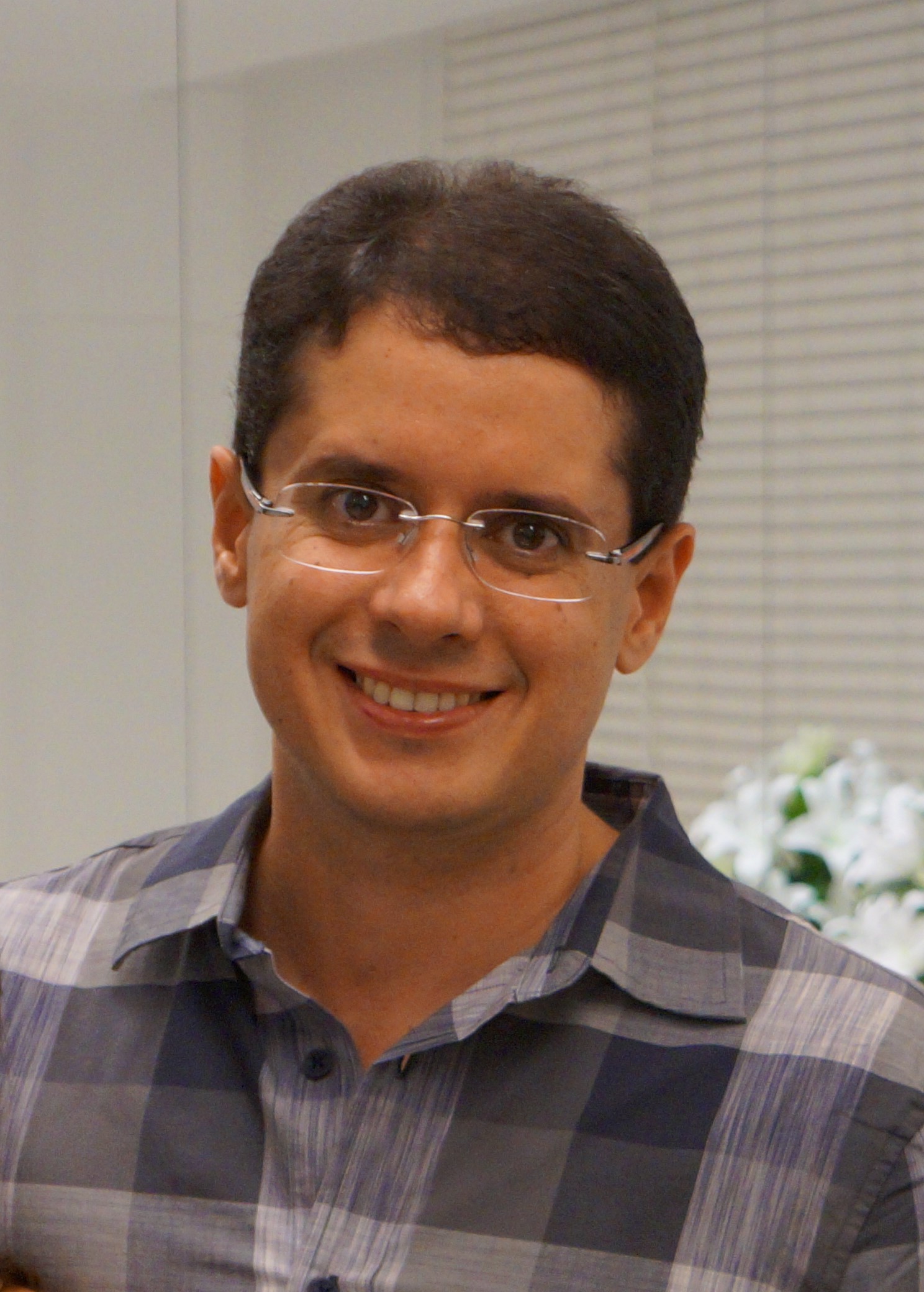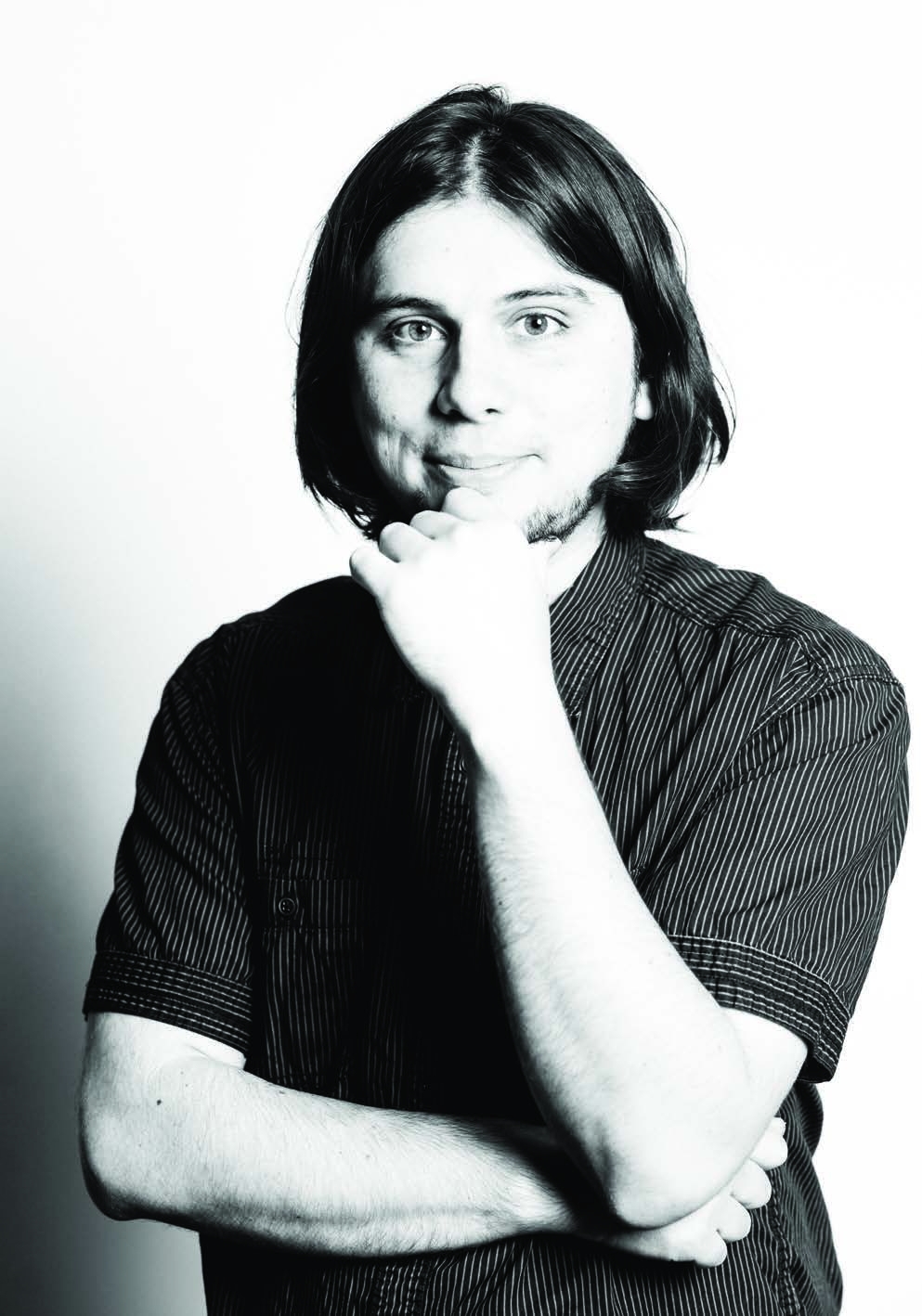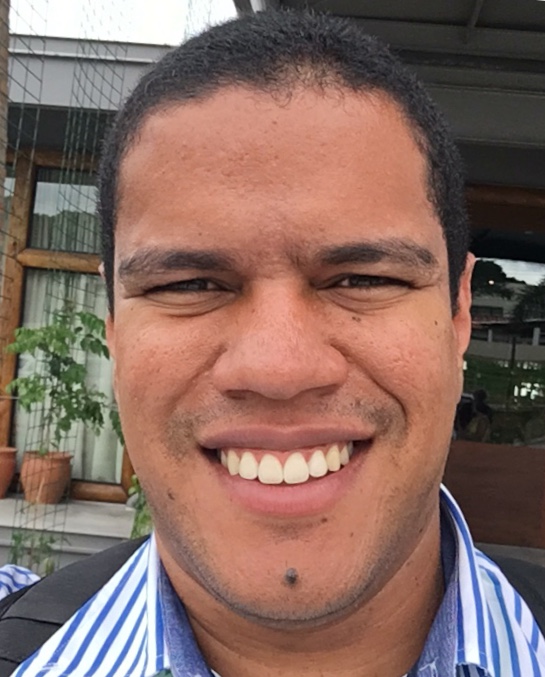Short Course 1 - Technical Debt: How software industry professionals have dealt with the subject and how they can benefit from your application
Wednesday, October 17, 2018 - 13:30h - 18:00h
Description:
The concept of technical debt contextualizes the problem of outstanding development tasks as a type of debt that brings a short-term benefit to the project in terms of higher productivity and lower cost but which may have to be paid with interest later in the project. development process. Currently, technical debt is recognized as a critical issue in the software industry and is detrimental to development companies. It can result, for example, in unexpected high costs, serious quality problems and inability to add new features to the project.
In addition to presenting concepts, known debt types, causes that lead to their occurrence and effects of their presence, this course also discusses alternatives for the management of DT items. Existing strategies and criteria that can be used to prioritize the treatment of debt items will be discussed. It will also be discussed actions that can be performed to support the identification of DT items, performing an analysis on manual and automated strategies.
Results from the InsighTD project (www.td-survey.com) will be presented, which is a large-scale study that has been replicated in different countries and seeks to understand, from the perspective of software industry professionals, the causes and effects of technical debt and how they have dealt with the concept.
The content of the course will be transmitted using a set of practical studies interspersed with conceptual presentations.
Instructor:
 |
Rodrigo Oliveira Spínola is Doctor and Master in Systems Engineering and Computing by COPPE / UFRJ. He completed postdoctoral studies at the University of Maryland and at the Fraunhofer Center for Experimental Software Engineering, where he conducted research on technical debt and experimental software engineering. He is currently a full professor of the Graduate Program in Systems and Computation at Salvador University, a visiting professor at the Bahia State University and a researcher at Fraunhofer Bahia. His research is focused on Technical Debt, using experimental software engineering as a tool to support the work. Prof. Spínola leads the Technical Debt Research Team (www.tdresearchteam.com). He is member of the committee of several national and international conferences, besides acting as reviewer of journals like IEEE Transactions on Software Engineering, JSS and IST. He gained extensive experience in the industry before devoting himself exclusively to the academy, including 5 years as a director of a software developer company. He also has experience in technology transfer for the industry, having provided consultancy and training for public and private companies of different sizes.
Case of Industry: Technical Debt Management - Softexpert experience
 |
Thober Detofeno is a Master in Numerical Methods (UFPR), with a background in Computer Science (UDESC). He is currently Product Owner and team leader at Softexpert and PhD (PUCPR). He has more than 15 years of professional experience in software development and 10 years of experience as an academic. Participation in the development of BI tools (ETL, OLAP, BSC, Performance Indicators, Data Warehouse and Data Mining), Risk Management, Financial modules (Treasury, Asset Control and Liabilities) and development coordinator. Extensive knowledge of management information, database, system modeling, mathematical calculations and WEB development. As Professor, of Anhanguera and UDESC of Joinville, in the disciplines in the area of Computer Science.
Short Course 2 - Possible Project for the Qualities of User Experience
Thursday, October 18, 2018 - 13:30h – 18:00h
Description:
The Qualities of User Experience are diverse. Some are predictable and controllable, such as Usability and Accessibility. Others are less predictable and indeed unmanageable, such as Affectivity and Beauty. These hard-to-measure qualities are often overlooked in software design because they are "too subjective" or irrelevant. The result of this is the reduction of software to the commodity status in our society, that is, an object with no unique qualities.
In order to recover the social value of software, it must be repositioned as an offer in the Experience Economy, serving as the stage for aesthetic and transformative interactions. This implies designing software in a completely different way from the control paradigm that guides most software projects today.
In this workshop, a software design approach based on the possibility paradigm will be experienced. This approach includes not only evaluation techniques, but also observation, perception, sensation and creation of the Qualities of the User Experience. Techniques leverage skills such as intuition, artistic talent and creativity to deal with unpredictable and unmanageable qualities. The purpose of this approach is to produce software that has as many senses as a work of art and as many uses as a design object.
In this course, participants will get in touch with topics such as: Project oriented to possibilities, Fundamentals of Experience Economics, Computer as Theater, Theatrical techniques applied to software design, Prototyping software with Improvised Video, Ethnographic Observation Techniques, Lego Serious Play, Critical Reflection with Design Critique, Likeness Test and Emotion Modeling.
.
Instructor:
 |
Frederick van Amstel is a professor at the School of Architecture and Design at PUCPR. She has a degree in Digital Design, an Apple Developer Academy program and a Hotmilk startup accelerator. His research in the area of Interaction Design has already been published in international journals such as Design Studies, Simulation & Gaming and Futures. Frederick is known in Brazil for his blog Usabilidoido, which has presented his researches in an accessible way for more than 13 years. Graduated in communication (UFPR), master in technology (UTFPR) and doctor in design (University of Twente), Frederick is currently conducting a postdoctoral research in the Postgraduate Program in Informatics of PUCPR, dealing with themes such as software atelier , creative coding and open innovation.
Short Course 3 -Development of Highly Configurable Software Systems
Friday, October 19, 2018 - 13:30h - 18:00
Description:
Highly configurable software systems provide adaptive and flexible solutions to complex real-world problems, suited to ever-changing development environments. This is the development of reusable code that is easy to configure, build, test, deploy and maintain. Highly configurable software produces code that is smaller, simpler, modular, and poorly coupled. Its simplistic and modular design creates flexible code that greatly reduces its maintenance load. These characteristics lead to a significant reduction in the total cost of ownership of the software. This mini-course will introduce the theme and will focus on the feature-oriented software development (FOSD) technique, with practical applications with FeatureIDE, an extensible and open source framework that supports the development of highly configurable systems.
Instructor:
 |
Ivan do Carmo Machado is Assistant Professor (and current Chief) of the Department of Computer Science of the Federal University of Bahia (UFBA). Doctor in Computer Science at UFBA (2014) and Master in Computer Science at UFPE (2010). He was awarded the Best Master Thesis and Best Software Quality Doctoral Thesis prizes in Brazil in 2010 and 2014, respectively. He is one of the leaders of RiSE Labs, the research group in Reuse of Software of the UFBA. It develops researches in the area of Software Testing and Reuse, in particular in the investigation of techniques that aim to improve the productivity and quality of software systems. He is the author of dozens of scientific papers on this subject. Has developed Research, Development and Innovation projects with the ecosystem of TIC Baiano. He is a researcher at INES, the INCT for Software Engineering.










